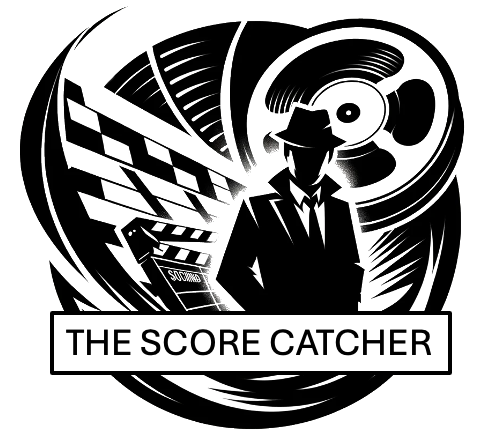Sunday, Great Movies, 6:20pm
Robert Zemeckis’ Cast Away (2000) is a masterclass in survival storytelling, featuring a career-defining performance from Tom Hanks as Chuck Noland, a FedEx executive stranded on a deserted island after a plane crash. The film is essentially a one-man show—unless, of course, you count Wilson, the now-iconic volleyball with a tragic arc. With its minimal dialogue and stark depiction of isolation, Cast Away thrives on pure visual and emotional storytelling, making its soundtrack (or rather, its strategic lack thereof) all the more fascinating.

Alan Silvestri, Zemeckis' longtime collaborator, composed the score, but you’d be forgiven for thinking the film had none at all—because for most of its runtime, it doesn’t. In a bold and unusual choice, Zemeckis and Silvestri opted for complete silence during Chuck’s time on the island, letting nature itself score the film: waves, wind, and Hanks’ increasingly desperate survival efforts. It’s only when Chuck finally escapes and re-enters civilization that Silvestri’s music swells, delivering a deeply emotional payoff. The main theme is a delicate, melancholic piece—full of quiet grandeur, almost funereal in its solemnity. It’s a masterstroke, reinforcing the emotional weight of Chuck’s journey rather than dictating it.
Silvestri’s score for Cast Away is a lesson in restraint, proving that sometimes the most powerful music is the absence of it. The soundtrack itself is slim, consisting mostly of that singular, poignant theme. However, the film does feature a few pre-existing tracks, including Elvis Presley’s "Return to Sender" (a grimly ironic nod to Chuck’s FedEx job). For soundtrack collectors, Silvestri’s Cast Away suite is a must-listen—less bombastic than his Back to the Future work, but deeply evocative in its own way. If you’re in the mood for something understated yet emotionally resonant, this one’s well worth revisiting—preferably while avoiding all contact with volleyballs.
- Paul Allen
